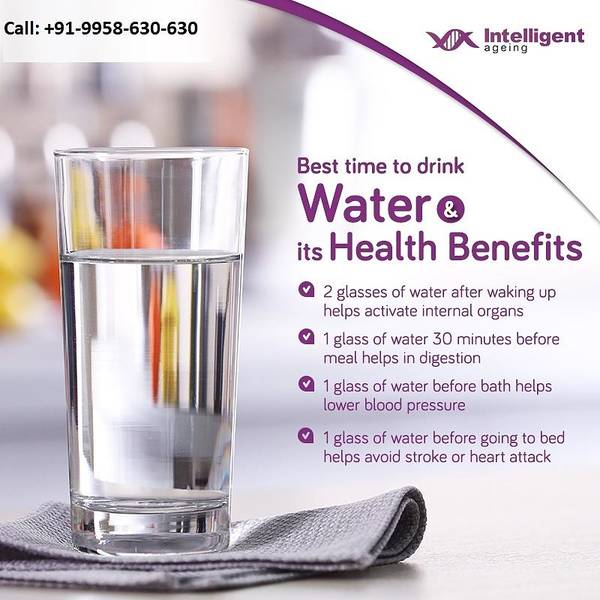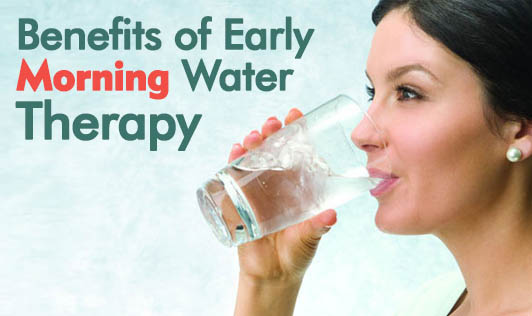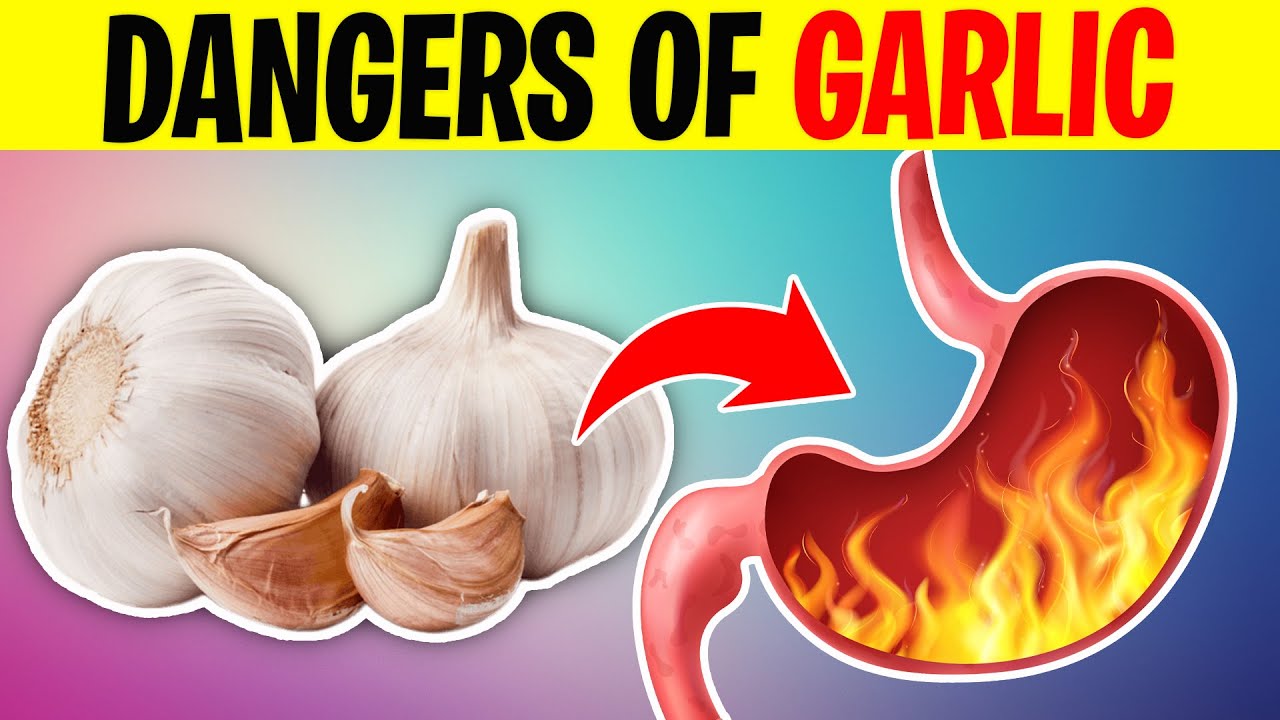Cardiovascular disease (CVD) is described as disease of the blood vessels or the heart. Blood flowing to the heart, body, and brain can be shortened due to blood clot that is built-up of fatty deposits in the artery, which will cause the artery to be hardened and narrow.
These are some of the signs, which are as follows:
- Stomach pain or indigestion
- Feeling sick
- Feeling sweaty
- Chest pain
- arm pain
- leg pain
- choking sensation
- back or jaw pain
- extreme fatigue
- swollen ankles
- irregular heartbeat
HOW CARDIOVASCULAR DISEASE ARE PREVENTED
Limit Alcohol Intake
The excessive intake of alcohol in your body will lead to heart and blood vessel problems, which include heart failure, stroke, and high blood pressure. It’s very necessary to limit the intake of alcohol into your body’s system.
Avoid smoking or other tobacco products
The intake of tobacco into the body is very dangerous to the heart. However, people who are addicted to smoking have more than twice the risk of a heart attack compared to those who don’t smoke. It’s advisable for those involved in it to put a stop to it, because smoking is one of the biggest risk factors for sudden cardiac death.
Eat heart-healthy food
Eating healthy helps limit or get rid of things that can stimulate or raise your blood pressure. Therefore, eating healthy foods gives the heart nutrients that support the heart.
(Tips for heart healthy food):
Fresh fruits and vegetables, foods rich in omega-3 fatty acids, whole grains, and less nutritious oils, e.g., palm oil or coconut oil.
Managing of high blood pressure
To avoid a sudden heart attack, you must learn to manage your high blood pressure (HBP) by eating a low-sodium diet, limiting your alcohol consumption, keeping a weight that’s healthy for you, and always taking your medication. High blood pressure makes the heart and kidney work harder and it raises the risk of heart failure, kidney disease, heart attack, and stroke.
Managing of type Diabetes
People with diabetes always have a higher risk of heart disease. It is advisable to always talk to your provider about what your ideal blood sugar should be. People with diabetes are likely to have high blood pressure, high LDL (bad) cholesterol.
Keep on a healthy weight
If your body is overweight, it can cause too much burden on the heart and blood vessels. It may also cause high cholesterol, high blood pressure, and an increase in the risk of diabetes.
Take your medications as prescribed
It’s very necessary to be on medication to help manage any signs that may raise high cholesterol and high blood pressure, which will put you at risk. Its advisable to always follow your provider’s guidance on the best way to take your medications.
Do more movement regularly, such as exercising
It’s very important to always do physical exercise to prevent heart disease. Exercise helps improve the heart’s ability to pump blood through the body.
Get a yearly check-up
It’s very important for you to always go for a check-up to enable your provider to catch up with the signs of heart disease early; an early diagnosis gives a great chance of a successful treatment.
Get enough rest
Getting enough rest helps reduce the chance of heart disease like diabetes, high blood pressure, and a high BMI.
About Author
Discover more from SURFCLOUD TECHNOLOGY
Subscribe to get the latest posts sent to your email.




